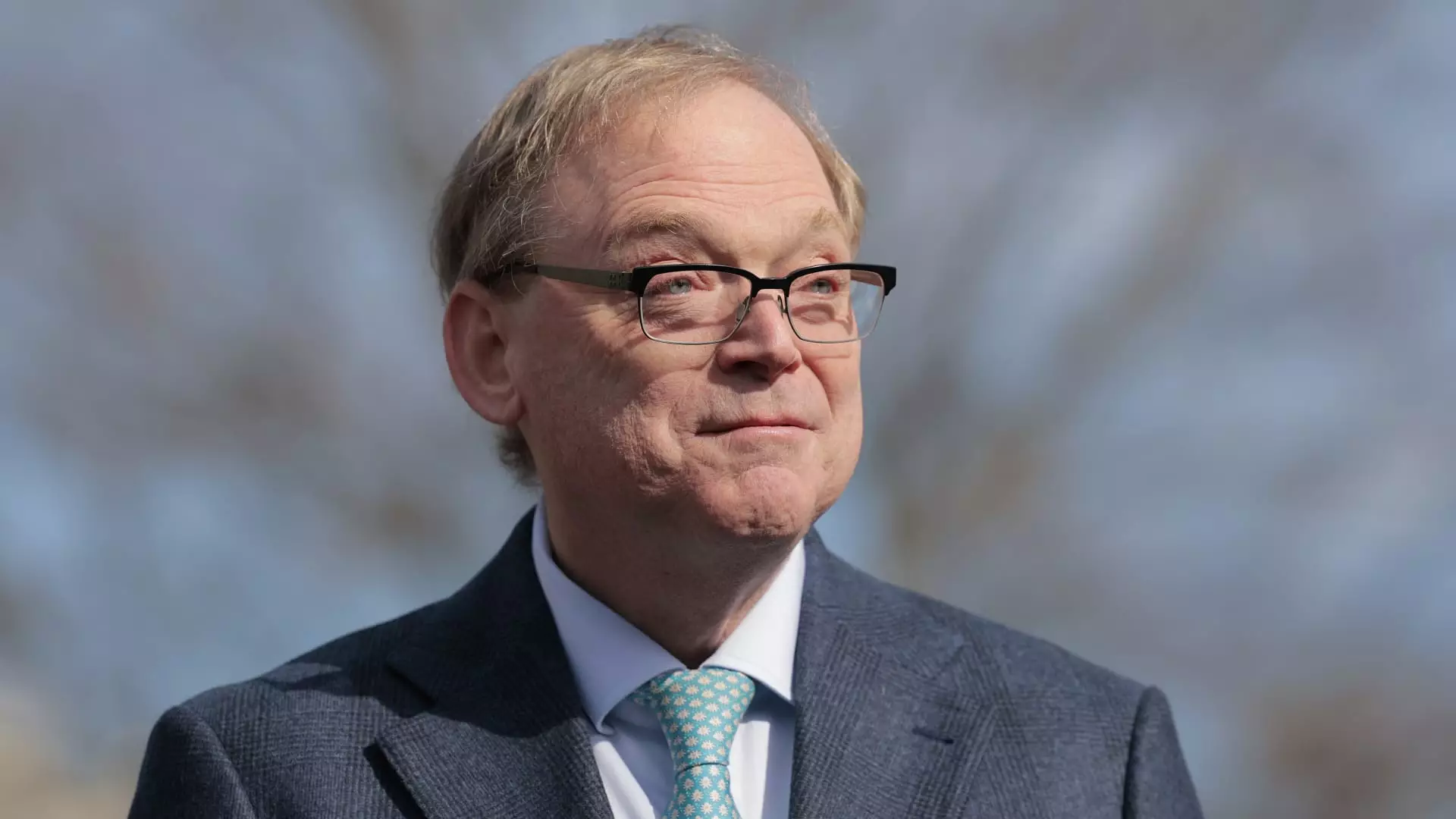The ongoing turmoil surrounding President Trump’s tariff agenda is not just a matter of economic policy; it is a breeding ground for anxiety and confusion in financial markets. National Economic Council Director Kevin Hassett openly conceded the very sense of uncertainty that analysts have been lamenting. “Absolutely, between now and April 2, there’ll be some uncertainty,” he stated, marking a painfully precise deadline for clarity amidst a storm of ambiguity. This intellectual disarray isn’t merely an economic annoyance; it undermines investor confidence and prolongs an already precarious atmosphere.
A Day Without Tariffs Is a Good Day
When market expert Ed Yardeni remarked that any day without talk of tariffs is a breath of fresh air for investors, he encapsulated the crux of the issue. Trump’s administration’s erratic tariff announcements sow discord, and the unpredictability is toxic for business decision-making. The idea that the markets would benefit from a lack of tariff discussions reflects a significant flaw in Trump’s economic philosophy. Instead of fostering a stable environment for businesses to thrive, the administration’s tactics generate prolonged volatility and second-guessing, which can lead to disastrous longer-term outcomes.
The Detrimental Ripple Effects
While Hassett champions the intended positive outcomes of the tariffs—such as increased Mexican immigration enforcement and efforts to combat fentanyl trafficking—this overlooks a crucial fact: behaviors of consumers and businesses are not easily manipulated by economic jargon. The consequential ripples of these tariffs extend far beyond immediate immigration issues. A chaotic environment dissuades investment, disrupts supply chains, and ultimately stifles economic growth. When confusion reigns, consumer confidence dampens, leading to hasty budget cuts from corporations wary of impending doom.
Tariff Policy and Potential Recession
The deteriorating atmosphere around the tariff discussions leads to unsettling speculations about a potential recession. Trump’s rhetoric, coupled with continuous tariff threats, invites unsettling predictions, eroding market foundations even further. The notion that tariff policy remains a viable tool for economic fortification is fundamentally flawed. The dangers associated with potentially inducing a recession are not theoretical musings; they are becoming more tangible with every cryptic tweet and ambiguous press conference. While Hassett assures us of a forthcoming “reciprocal” clarity, markets have fundamentally shifted into a reactive stance driven by fear rather than informed strategy.
A Call for Rational Discourse
Ultimately, the lack of coherent communication from Trump and his administration is detrimental to American economic stability. The volatile tariff environment breeds skepticism and caution—a cocktail that breeds economic hesitation. Repeated reassurances from Hassett about improvements down the line are simply not enough. To foster economic resilience, there must be a commitment to transparency and a willingness to engage in rational discourse, rather than knee-jerk reactions and belligerent proclamations. The current trajectory is not promoting a conducive environment for growth; instead, it is creating an era of uncertainty that could strangle American enterprise.

